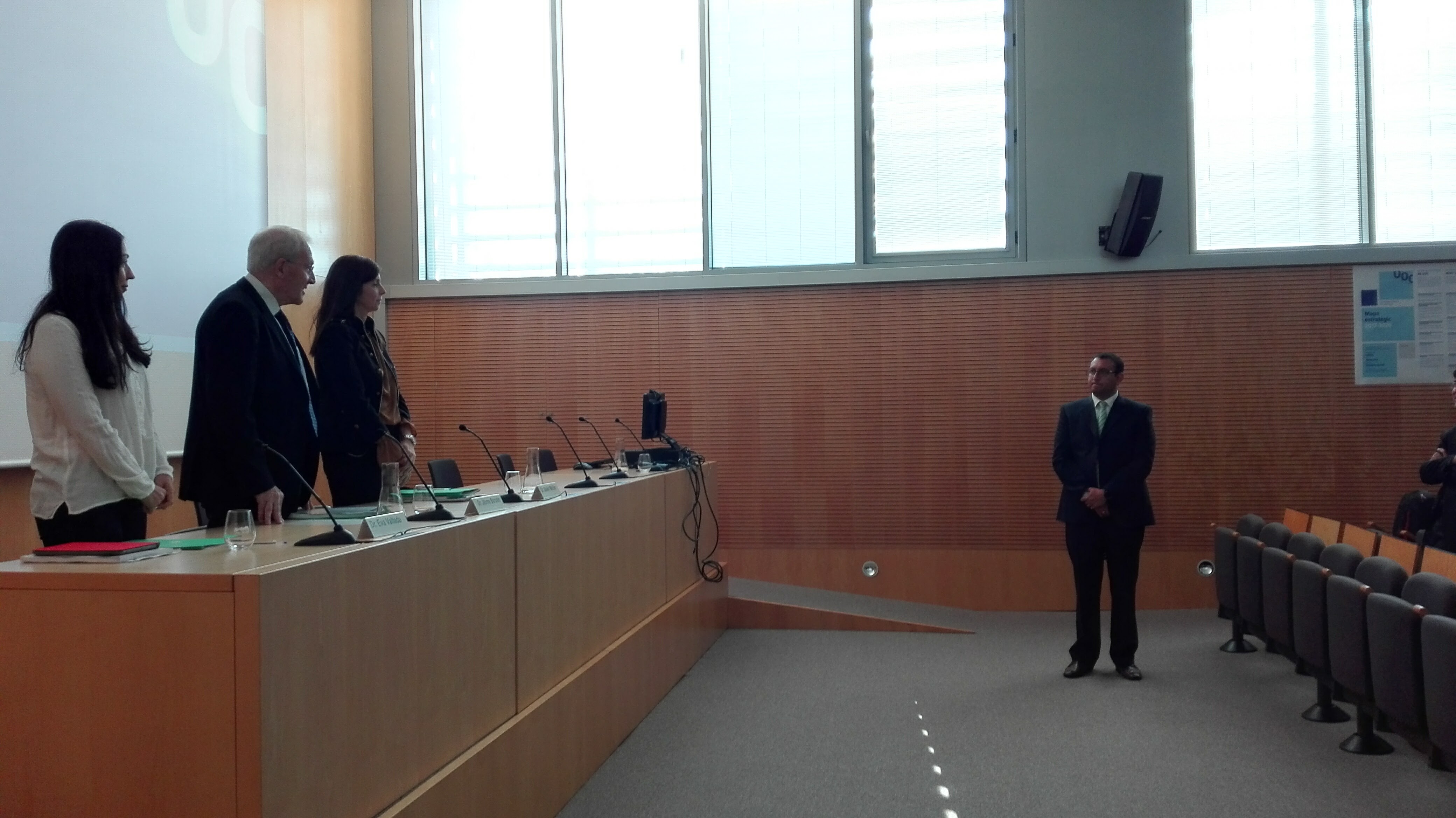
Author: Carlos Leonardo Quintero Araújo
Programme: Doctoral Programme in Network and Information Technologies
Language: English
Supervisors: Dr. Ángel Alejandro Juan Pérez and Dr. Francisco Javier Faulin Fajardo
Faculty / Institute: Doctoral School UOC
Subjects: Computer Science
Key words: rich vehicle routing problem, simheuristics, location-routing problem, horizontal cooperation, reliability analysis
Area of knowledge: Network and Information Technologies
Summary
In a globalized economy, companies have to face different challenges related to the complexity of logistics and distribution strategies. Due to the development of information and communication technologies (ICT), customers and competitors may be located anywhere in the world. Thus, companies need to be more competitive, which entails efficiency from both an economic and a sustainability point of view. One strategy that companies can follow to become more competitive is to cooperate with other firms, a strategy known as horizontal cooperation (HC), allowing the use of economies of scale, increased resource utilization levels, and reduced costs. Many of these logistics and transport challenges, as well as certain HC strategies, may be addressed using variants of the vehicle routing problem (VRP). Even though VRP has been widely studied, the majority of research published corresponds to oversimplified versions of the reality. To fill the existing gap between the academic literature and real-life applications, the concept of rich VRPs (RVRPs) has emerged in the past few years in order to provide a closer representation of real-life situations. Accordingly, new approaches are required to solve new RVRPs efficiently and to quantify the benefits generated through the use of HC strategies in real applications. Thus, they can be used to support decision-making processes regarding different degrees of implementation of HC. Several metaheuristic methods based on biased randomization techniques are proposed. Additionally, these methods are hybridized with simulation (ie simheuristics) to tackle the presence of uncertainty. The proposed approaches are tested using a large set of theoretical and real-life benchmarks.
